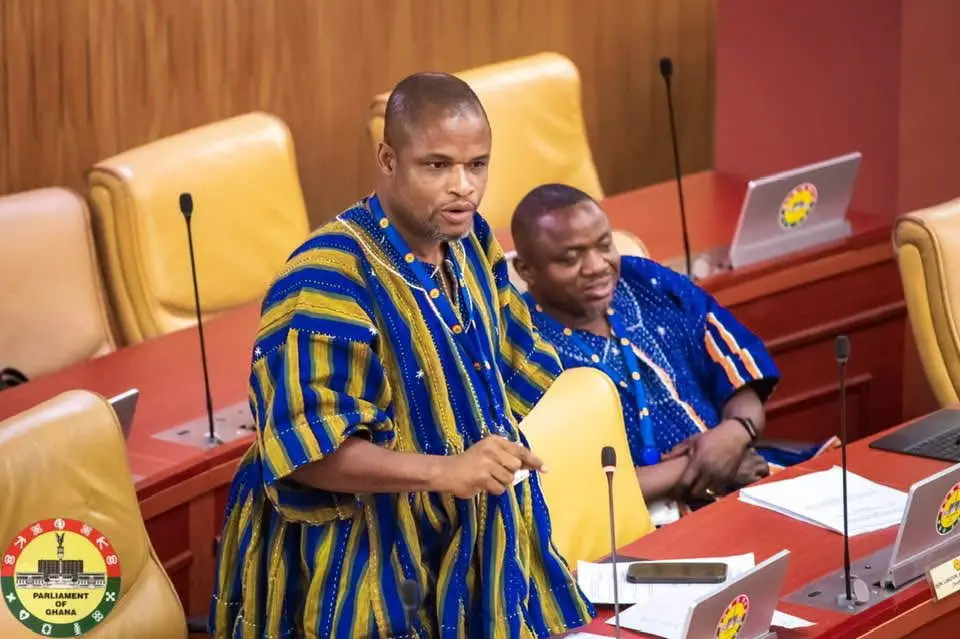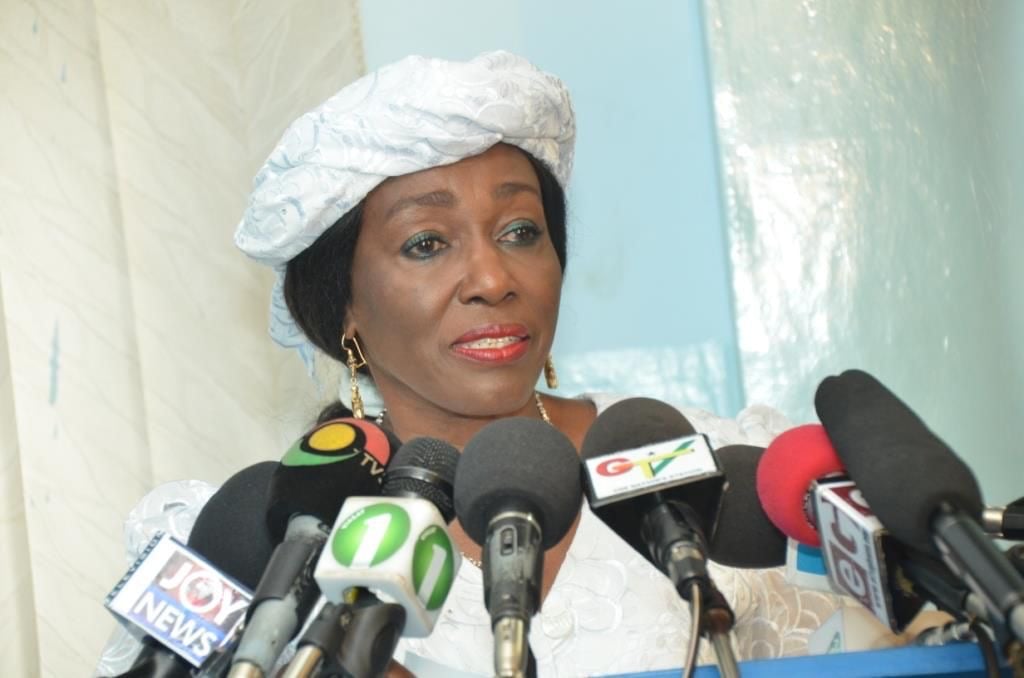
… ACBF partners gov’t to build next generation of public finance leaders
Ongoing public finance reforms have received renewed momentum through a strategic partnership between the African Capacity Building Foundation (ACBF) and the Government of Ghana to strengthen leadership, ethics, and accountability in the public sector.
The collaboration was highlighted at the launch of the second cohort of the Leadership Excellence in Africa’s Public Sector (LEAPS) programme in Accra, which also marked the graduation of the first cohort of senior Ghanaian officials who completed six months of intensive leadership and governance training.
Addressing the ceremony, Abdrahamane Dicko, Director of Programmes and Impact at ACBF, said the programme represents the Foundation’s ambition to nurture a new generation of public-sector leaders who combine technical expertise with a commitment to ethical service.
“When we launched the LEAPS programme a year ago, our ambition was clear: to develop a new generation of African public-sector leaders capable of combining technical expertise, leadership, and public-service ethics,” he said.
The LEAPS initiative forms part of ACBF’s Enhancing Leadership and Governance in Public Financial Management (ELG PFM) programme which is focused on equipping senior PFM officials with the skills and ethical grounding needed to drive institutional reform and accountability.
Mr. Dicko noted that since its inception, the initiative has trained 79 senior public financial management (PFM) officials from Ghana, Côte d’Ivoire, Kenya, Senegal and Zimbabwe, and now expands into a sixth country (Nigeria), bringing the total expected participants to 90. The programme’s expansion demonstrates its relevance in transforming public-sector leadership across Africa.
Participants in the first cohort underwent a blended-learning process comprising online modules, coaching and peer-to-peer exchanges. The training focused on leadership at the individual, institutional and systemic levels, with modules on self-leadership, team management, strategic communication and public-service ethics. Graduates were also encouraged to apply their learning through collaborative reform projects and mentorship within their respective institutions.
Mr. Dicko highlighted that several participants have already translated lessons from the programme into concrete initiatives.
A Senegalese participant established a ‘Women in PFM’ network to promote female leadership in public finance, while a Kenyan participant reported building “a culture of performance” within his institution. Ghanaian participants also shared their own experiences of reform and leadership application during the subsequent sessions of the national workshop.
The launch comes at a pertinent moment for Ghana’s PFM environment. According to the country’s 2024 Budget Performance Report, central-government arrears stood at GH¢67.5 billion, equivalent to 5.7 percent of Gross Domestic Product (GDP).
The report also highlighted the relevance of leadership in instituting greater financial discipline.
At the same time, an International Monetary Fund (IMF) analysis noted that around 18 percent of primary expenditures derive from internally generated funds (IGFs) and statutory funds whose spending is not fully integrated with the budget system, contributing to significant budget rigidities.
These facts, analysts say, highlight systemic challenges in PFM that Ghana’s leadership programme seeks to address.
Mr. Dicko expressed appreciation to the government, particularly the Ministry of Finance, represented by Dr Cassiel Ato Forson, for its active collaboration and support in implementing the programme.
“The successful implementation of the LEAPS programme could not have been possible without the active support and trust of the Ministry of Finance, which has accompanied every step of this strategic initiative,” he said.
He urged the graduating officials to act as ambassadors of ethical leadership, noting that the end of their training marks the beginning of a broader responsibility to champion change within their institutions.
“Leadership is not a title, but the ability to inspire and serve,” he added, stressing that collaboration and mindset transformation remain critical to achieving institutional reform.
The LEAPS programme is part of a wider effort by ACBF to strengthen governance and human capital across Africa. It aligns with the Foundation’s broader vision of building strong institutions and ethical leadership to support sustainable development and economic transformation.
By integrating leadership development into public financial management reform, Ghana’s participation in LEAPS reinforces its position as a regional leader in governance innovation. The initiative also reflects growing recognition that the quality of leadership, not simply the quantity of resources, determines the effectiveness of fiscal management and institutional integrity in Africa, Mr. Dicko noted.
As the second cohort begins its training, ACBF officials expressed confidence that the programme will continue to deepen accountability, strengthen institutional resilience and foster a new generation of African leaders committed to transparency and service.
The post Public finance reforms gain momentum appeared first on The Business & Financial Times.
Read Full Story





















Facebook
Twitter
Pinterest
Instagram
Google+
YouTube
LinkedIn
RSS